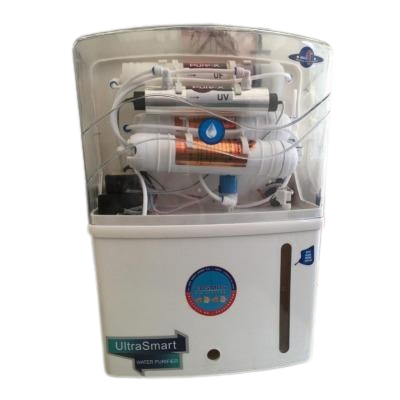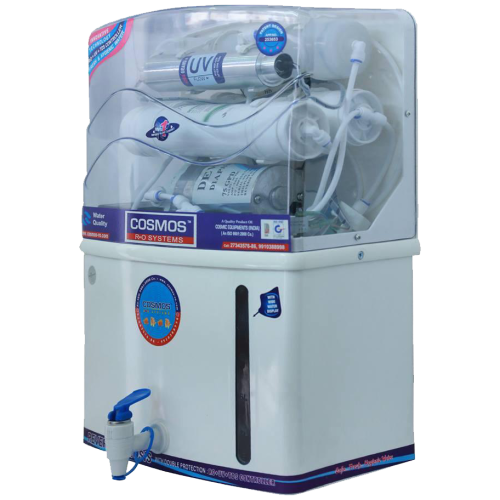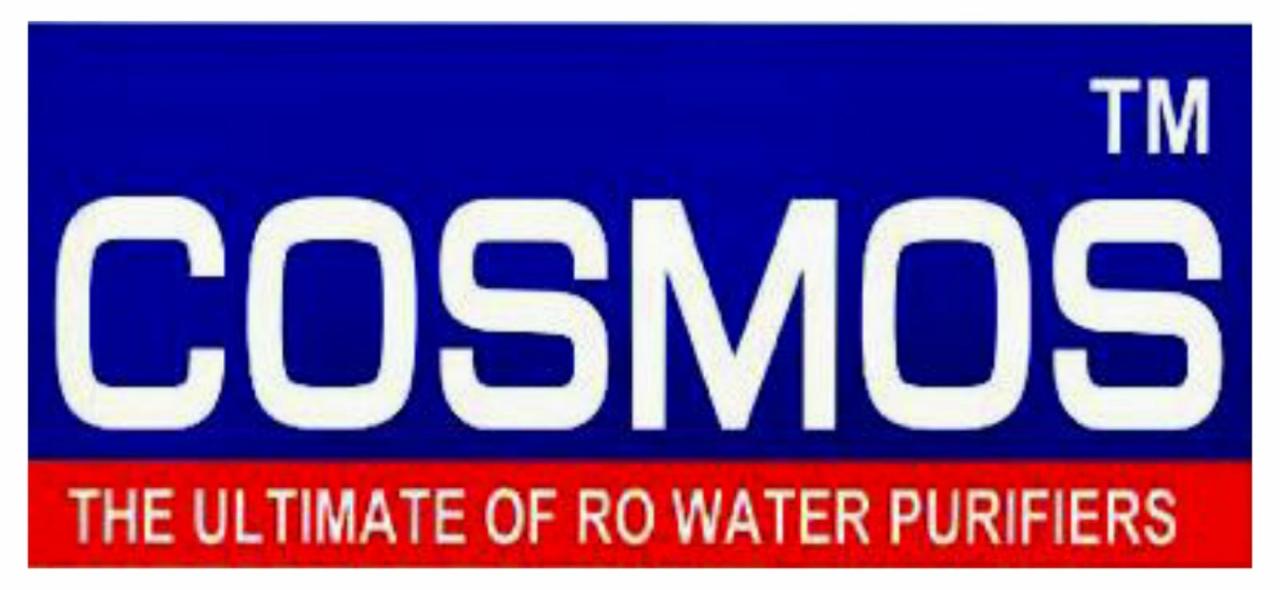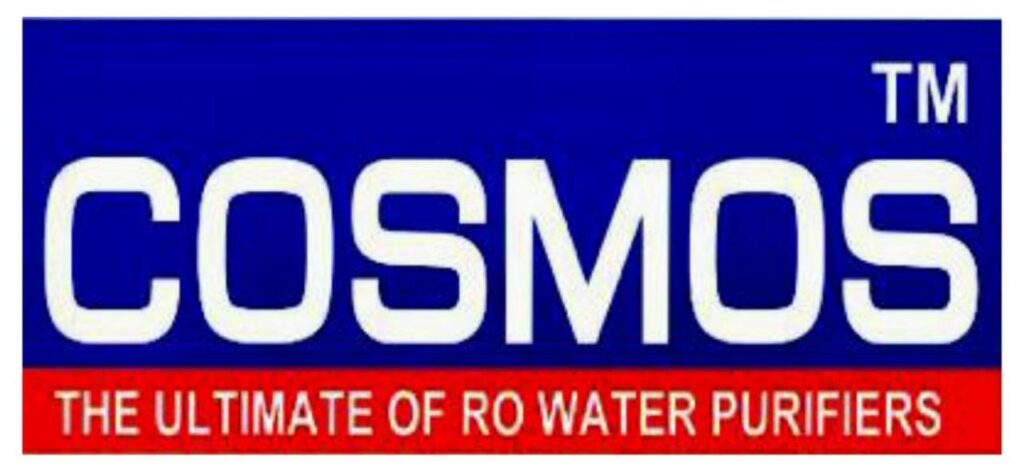Water Purifiers: Advantages & Disadvantages
Water purifiers have gained popularity as essential devices for ensuring access to clean and safe drinking water. They provide numerous benefits in terms of water quality and health. However, like any other technology, water purifiers also have their advantages and disadvantages. In this article, we will explore both sides to help you make an informed decision.
Advantages of Water Purifiers
- Improved Water Quality
One of the primary advantages of using a water purifier is the significant improvement in water quality. Purifiers effectively remove various contaminants, including bacteria, viruses, heavy metals, pesticides, and chemicals. By eliminating these impurities, water purifiers ensure that the water you consume is clean, safe, and free from potentially harmful substances. This improved water quality enhances the taste, odor, and appearance of the water, providing a more pleasant and refreshing experience.
- Health Benefits
Access to clean and purified water is essential for maintaining good health. Water purifiers play a crucial role in reducing the risk of waterborne diseases caused by ingesting contaminants. By removing harmful bacteria, viruses, and other pathogens, purifiers ensure that the water you drink is safe and free from potential health hazards. Additionally, purified water supports proper hydration, aids digestion, and contributes to overall well-being.
- Convenience and Cost-effectiveness
Having a water purifier at home offers convenience and cost-effectiveness. With a purifier, you have a continuous supply of clean water readily available for drinking, cooking, and other purposes. This eliminates the need to rely on bottled water or other costly alternatives, saving you money in the long run. Moreover, having a water purifier reduces the hassle of purchasing and storing bottled water, promoting environmental sustainability by reducing plastic waste.
- Environmental Impact
Water purifiers can have a positive environmental impact. By using a purifier, you contribute to the reduction of plastic waste generated by single-use water bottles. It also eliminates the carbon footprint associated with the production and transportation of bottled water. Some advanced purifiers even incorporate water-saving features, reducing overall water consumption and promoting responsible water usage.

Disadvantages of Water Purifiers
- Initial Cost and Maintenance
One of the primary disadvantages of water purifiers is the initial cost involved in purchasing and installing the system. Advanced purifiers with sophisticated filtration technologies can be relatively expensive. Additionally, regular maintenance, such as replacing filters and performing system checks, is necessary to ensure optimal performance. These maintenance costs should be considered when evaluating the long-term affordability of a water purifier.
- Wastewater Generation
Certain types of water purifiers, such as reverse osmosis systems, can generate wastewater during the filtration process. This wastewater is produced as excess water containing impurities is flushed out to maintain the effectiveness of the filtration system. Although strategies can be implemented to minimize wastage, the presence of wastewater is a disadvantage to consider when using specific purifiers.
- Energy Consumption
Some water purifiers require electricity to operate, contributing to energy consumption. Reverse osmosis systems, for example, use pumps to generate the pressure necessary for filtration. While the energy consumption is generally minimal, it adds to the overall electricity usage in your household. This aspect should be taken into account when assessing the environmental impact and cost of operating a water purifier.
Conclusion
Water purifiers offer significant advantages in terms of improved water quality, health benefits, convenience, and environmental impact. They ensure access to clean and safe drinking water, contributing to overall well-being and reducing the risk of waterborne diseases. However, it’s important to consider the initial cost, maintenance requirements, potential wastewater generation, and energy consumption associated with certain types of purifiers.


